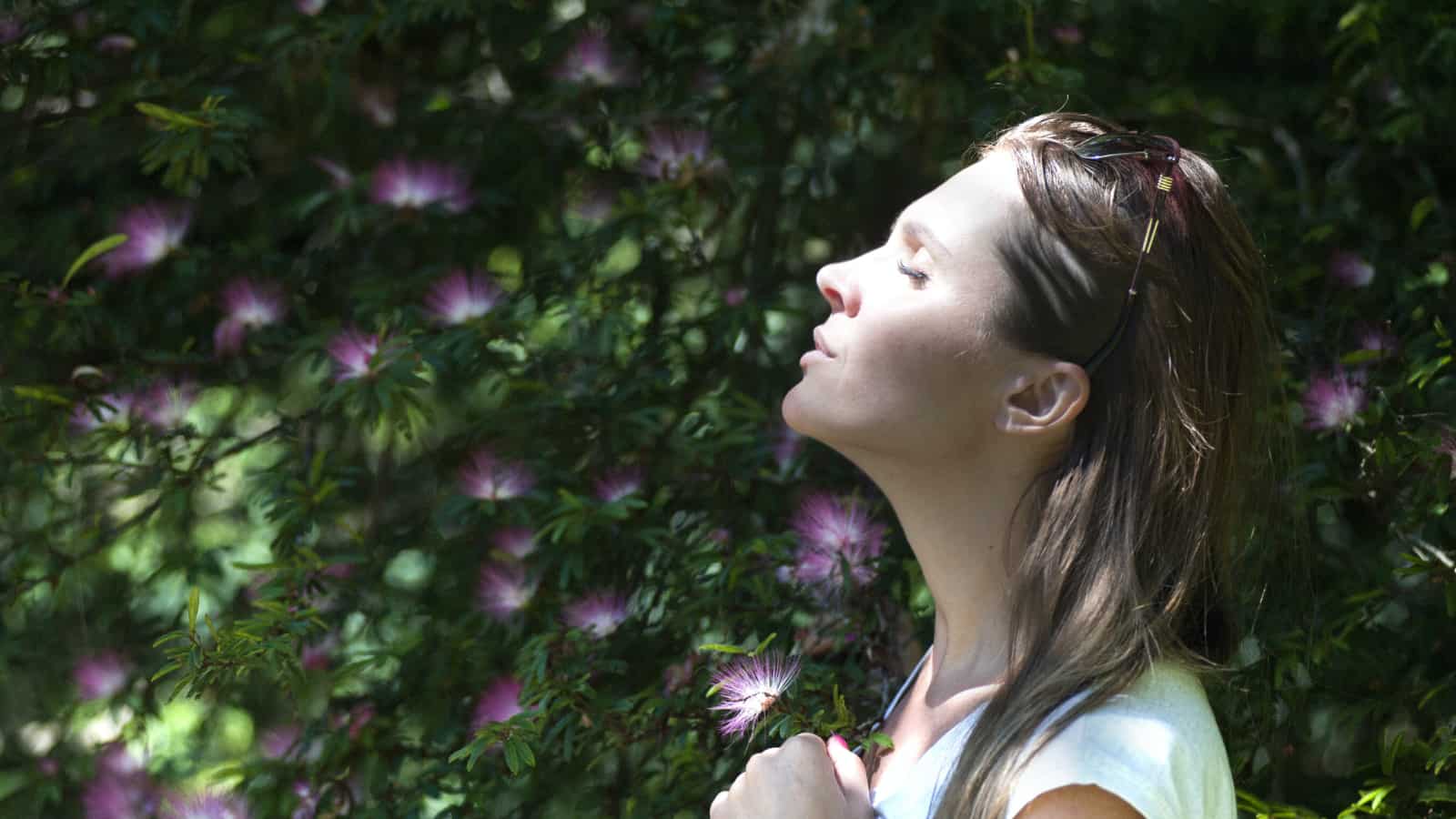Gratitude grows ADHD confidence
Clients see real wins in weeks - focus develops, goals stick, success grows

So there is a self-perpetuating nature to gratitude, the more you practice gratitude, the more easily you will feel it.
Before bed each night either write, text, think or say out loud three “thanks”, for things that have happened during the day.
It does not matter whether silly or profound: the sun shone, I finished my project, I watched a great movie, went to bed healthy and not hungry, completed my run or learnt a new gratitude technique! Shawn Achor, Harvard researcher and author says “writing down three things you’re grateful for, every day for 21 days in a row significantly increases your level of optimism, and it holds for the next six months. The research is amazing,”.Andrew Lewis is an Adult ADHD Coach, writer and founder of SimplyWellbeing. He has over 16,000 hours of experience in coaching over 600 adults with ADHD. Andrew helps entrepreneurs and creatives with ADHD thrive and achieve wellbeing and is always happy to have a free chat to discuss coaching. Andrew ran a major ADHD support group and even an ADHD diagnostic clinic for a while. Andrew is an adult ADHD Coach backed with business expertise from a twenty years career in software, from roles in programming, through marketing, sales at IBM, then to running a few software start-ups.
